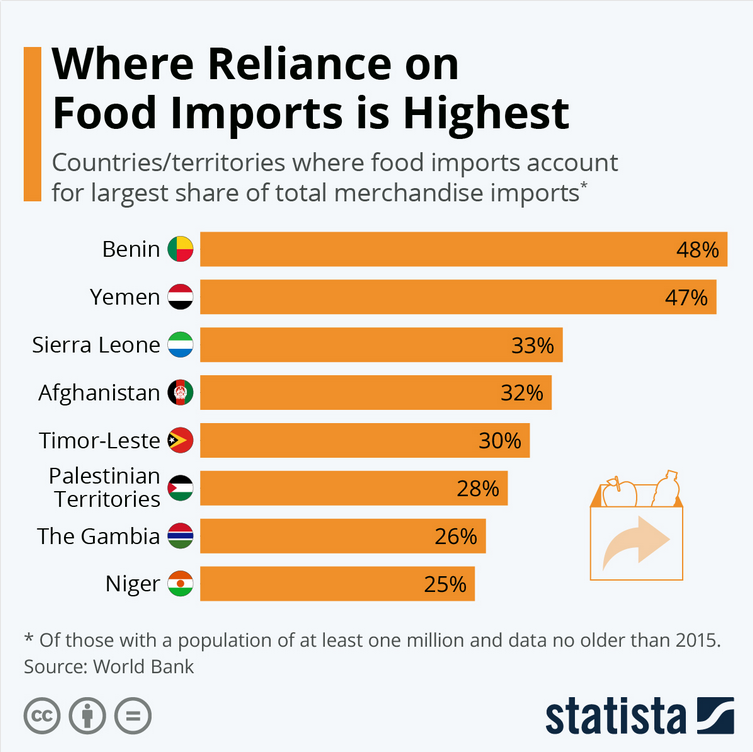Carrying capacity is a concept with which all ecologists are familiar. It is a key measure of how many individuals of a particular species can exist and flourish in a specific place.
Populations decrease in size quickly once they’ve overshot the carrying capacity - there are mass die-offs.
Carrying capacity includes such things as the air, water and food we need, and all the other materials we take from nature. It also includes the ability of the environment to handle our waste.
For more on carrying capacity, you can read Wikipedia ![]() .
.
We humans, and especially our social scientists, are reluctant to acknowledge that this applies to humans too.
<b>How we've increased the world's carrying capacity</b>
Over the last century we've substantially increased the amount of food we can grow through mechanised farming, the use of industrial fertilisers and pesticides, and genetic engineering. The manufacture of fertilisers and pesticides requires energy for their production (mostly derived from fossil fuels); and additionally, some fertilisers need fossil fuel byproducts as their key ingredient.
The so-called 'green revolution' ![]() of a package of fertilisers and pesticides in combination with seeds that have been genetically modified for faster growth, larger yield and resistance to the pesticide has significantly increased the carrying capacity of the world. Again made possible by the use of fossil fuels.
of a package of fertilisers and pesticides in combination with seeds that have been genetically modified for faster growth, larger yield and resistance to the pesticide has significantly increased the carrying capacity of the world. Again made possible by the use of fossil fuels.
And of course, all the machines on farms are powered by oil
Additionally, many countries rely on significant food imports which again require fossil fuels for transportation. Yemen, Afghanistan and many African countries are particularly vulnerable. See this graphic.

Uploaded image
<b>A hidden story</b>
This failure to acknowledge that we humans are part of nature, and are subject to its laws is part of a related crisis of mis-understanding.
The best authority on carrying capacity in a human context that I've come across is William Catton. See his book Overshoot : The Ecological Basis of Revolutionary Change ![]() , or this video
, or this video ![]() (50 mins).
(50 mins).